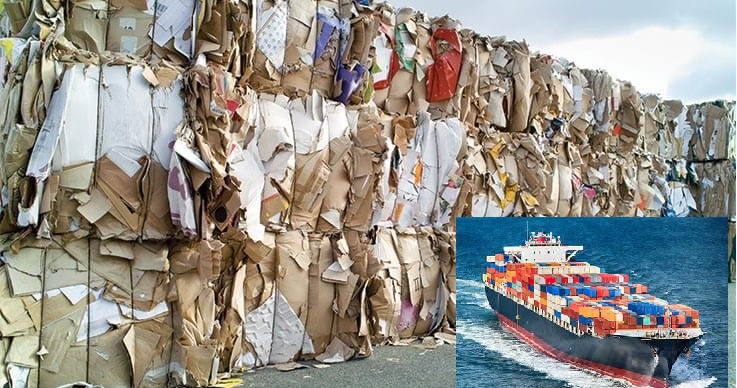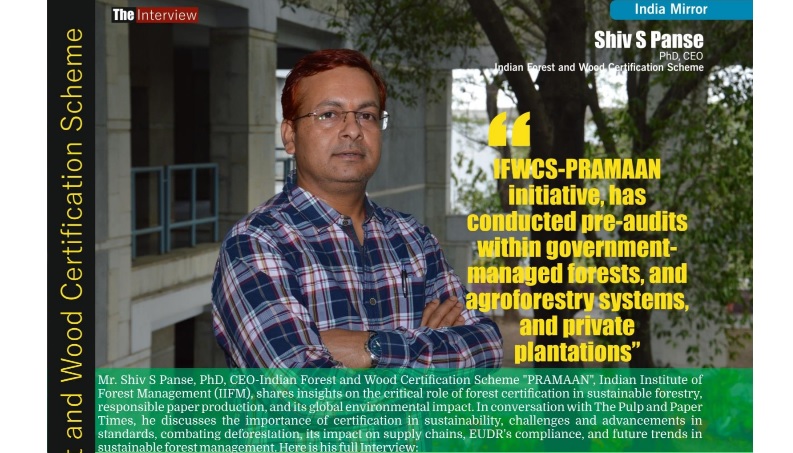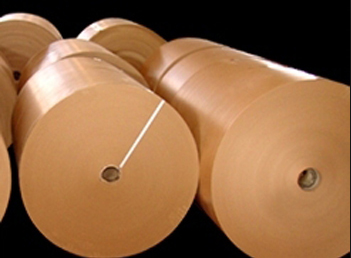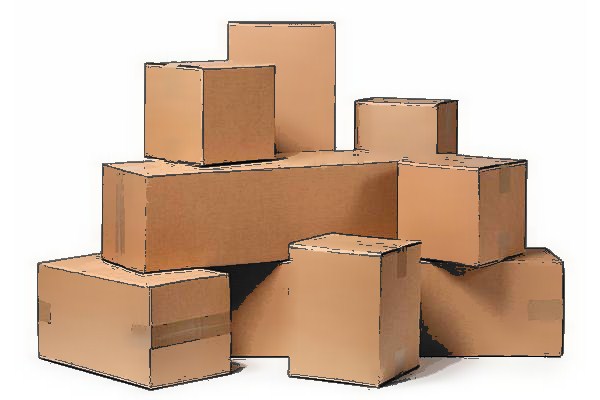WSR Regulation: Waste Paper market in Europe would be destroyed by a massive surplus that could no longer be exported

WSR Regulation: Waste Paper market in Europe would be destroyed by a massive surplus that could no longer be exported
Key Points
- BIR Copenhagen 2024 - Paper Division: End-of-waste status holds key to preserving vital export outlet
- Extreme levels of volatility in the US market where prices had increased 150% on a year-on-year basis
- New production capacities in Europe would create more competition from Asian mills in order to maintain their import quotas
The Pulp and Paper Times | 3 June 2024
End-of-waste status is pivotal to the survival of Europe’s recovered paper industry beyond 2027 given the potential for the EU’s newly-revised Waste Shipment Regulation (WSR) to block flows to non-OECD countries, according to BIR Paper Division President Francisco Donoso of Spain-based Dolaf Servicios Verdes SL. “This is very serious,” he told delegates at the divisional meeting in Copenhagen on May 27. “The WSR is a risk to our business as it restricts exports out of Europe.”
Implementation of the new regulation needed to be “pragmatic”, he warned, or the market in Europe would be destroyed by a massive surplus that could no longer be exported.
Mr Donoso noted that end-of-waste existed in some European countries - including Spain and Italy - but that universal adoption should be the objective. He also urged major importers of the EU’s recovered paper, notably India and countries in South East Asia, to actively support efforts within Europe to establish end-of-waste as a solution to the export obstacles presented by the revised WSR.
Earlier, divisional General Delegate Fátima Aparicio of Repacar in Spain explained the scope for recovered paper and cardboard to shed its waste status by satisfying certain criteria, including processing to accepted benchmarks such as quality standard EN 643. Adoption of end-of-waste status across Europe and beyond could play an important role in promoting circular economy goals but, she lamented, there was currently no harmonization.
Three guest speakers in Copenhagen combined to provide an overview of the recovered paper market. Hannu Oskari Hara, Trading Desk Manager at Norexeco ASA - The Pulp and Paper Exchange, traced the volatility of OCC in Europe and outlined how a commodity exchange could assist in the management of price risk exposure.
John Atehortua, Regional Trading Manager for Recovered Paper at Cellmark in the Netherlands, also highlighted extreme levels of volatility in the US market where prices had increased 150% on a year-on-year basis. Harsh winter weather conditions had played a part in stifling supply, to the extent that some mills had been forced into temporary line closures. In terms of demand pull, more and more policies were emerging to promote minimum recycled content in packaging.
OCC exports from the USA fell from 17 million tonnes in 2022 to 13 million tonnes the following year, he added.
Simone Scaramuzzi, Commercial Director of LCI SRL in Italy, surveyed the Asian paper recycling landscape and its main European suppliers, noting that recovered paper imports had surged to around 7 million tonnes in 2023 on the back of particularly strong growth in India’s purchases. New production capacities in Europe would create more competition from Asian mills in order to maintain their import quotas, he added.
The meeting in Copenhagen also witnessed the presentation of the BIR Paper Division’s latest Papyrus Award to US-based International Paper, the world’s largest paper producer. Accepting the award on behalf of the company, Jose Carlos Chimeno Fidalgo underlined its huge scale with almost US$ 19 billion of net sales last year and its commitment to being among the most successful, sustainable and responsible businesses in the world.
Conferred on companies and individuals since 2008, the Papyrus Award recognizes exceptional contributions to paper recycling
Web Title: WSR Regulation: Waste Paper market in Europe would be destroyed by a massive surplus that could no longer be exported




 Join WhatsApp Group
Join WhatsApp Group Join Telegram Channel
Join Telegram Channel Join YouTube Channel
Join YouTube Channel Join Job Channel (View | Submit Jobs)
Join Job Channel (View | Submit Jobs) Join Buy Sell Channel (Free to Submit)
Join Buy Sell Channel (Free to Submit) Paper News Headlines Channel (Free to read)
Paper News Headlines Channel (Free to read)














